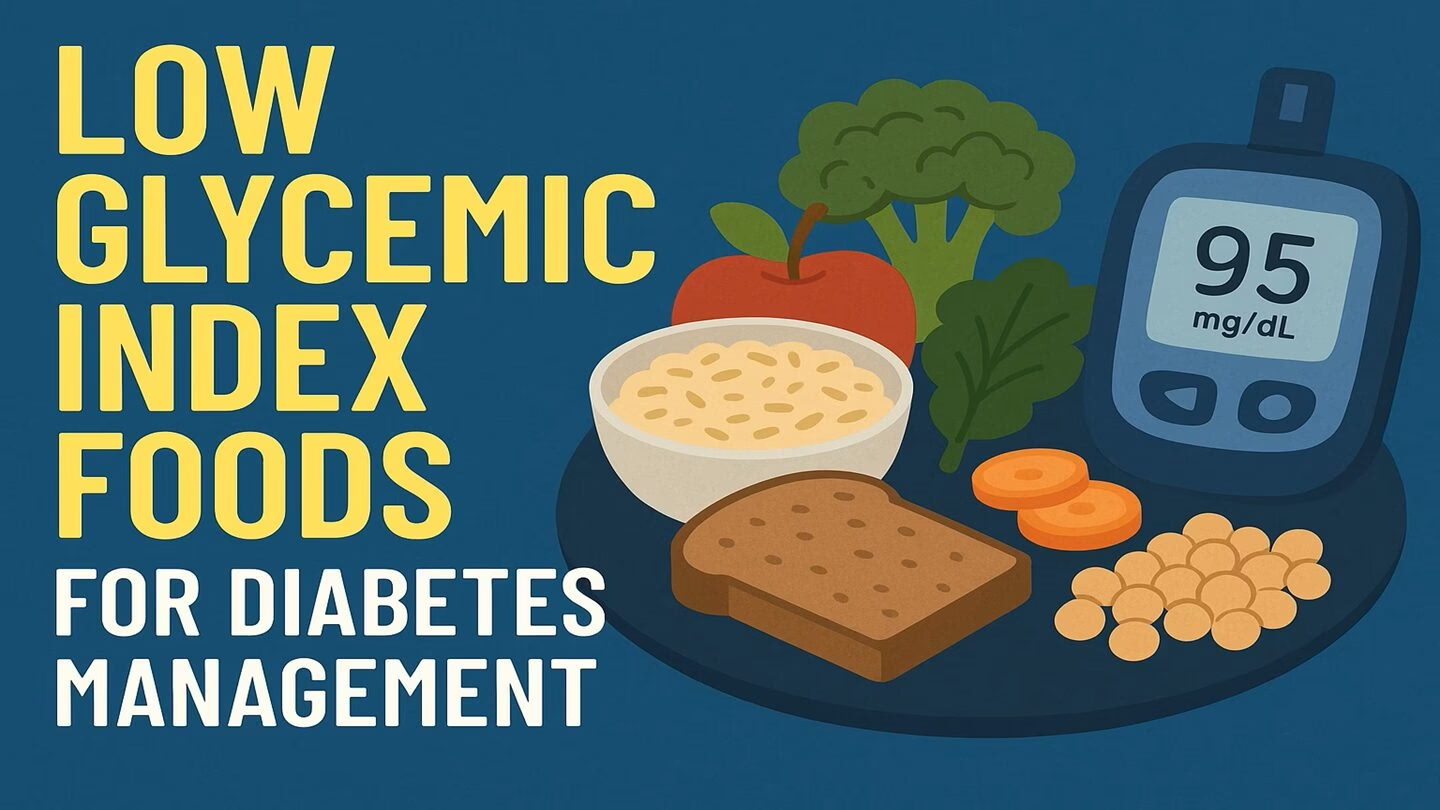Introduction
In recent years, there has been growing recognition of a silent health issue affecting millions globally—Vitamin D deficiency. Despite being easily preventable, this condition is often overlooked, leading to a range of health problems, from bone disorders to impaired immune function. As the “sunshine vitamin,” Vitamin D is essential for overall well-being, yet a significant portion of the population remains deficient. This article delves into the causes, symptoms, and effective management of Vitamin D deficiency, highlighting its importance in maintaining optimal health.
What is Vitamin D and Why is it Important?
Vitamin D is a fat-soluble vitamin that plays a crucial role in calcium and phosphorus absorption, promoting healthy bone growth and maintenance. It is also involved in various other bodily functions, including immune system modulation, inflammation reduction, and neuromuscular function. Unlike other vitamins, Vitamin D can be synthesized by the skin when exposed to sunlight. However, dietary sources such as fatty fish, egg yolks, and fortified foods also contribute to its levels.
The two main forms of Vitamin D are:
- Vitamin D2 (Ergocalciferol): Found in plant sources and fortified foods.
- Vitamin D3 (Cholecalciferol): Produced by the skin upon exposure to sunlight and found in animal-based foods.
Causes of Vitamin D Deficiency
Vitamin D deficiency can arise due to various factors, many of which are lifestyle-related. The primary causes include:
- Limited Sun Exposure: People living in higher latitudes, those with indoor lifestyles, or individuals who consistently use sunscreen may not receive enough UVB rays for adequate Vitamin D synthesis.
- Dietary Insufficiency: Since few foods naturally contain Vitamin D, people with restrictive diets (e.g., vegan diets) may have lower intake levels.
- Skin Pigmentation: Melanin reduces the skin’s ability to produce Vitamin D from sunlight. Darker-skinned individuals require more sun exposure to produce adequate levels.
- Age: As people age, their skin’s ability to synthesize Vitamin D decreases, and their kidneys may not convert it to its active form as efficiently.
- Medical Conditions: Conditions such as celiac disease, Crohn’s disease, and chronic kidney disease can impair the absorption or activation of Vitamin D.
- Obesity: Since Vitamin D is fat-soluble, it can get sequestered in fat tissue, leading to lower circulating levels in individuals with high body fat.
Symptoms of Vitamin D Deficiency
Vitamin D deficiency often manifests subtly, making it challenging to diagnose without a blood test. Common symptoms include:
- Bone and Back Pain: Vitamin D is essential for calcium absorption; its deficiency can lead to bone pain and lower back discomfort.
- Muscle Weakness: Low Vitamin D levels can result in muscle weakness, which may be felt as fatigue or difficulty performing everyday tasks.
- Frequent Illness: Given its role in immune function, deficiency can lead to an increased susceptibility to infections, particularly respiratory infections.
- Depression and Mood Swings: Studies suggest a link between Vitamin D deficiency and mood disorders, including depression.
- Impaired Wound Healing: Slow healing of cuts and wounds can be a sign of low Vitamin D levels, as it plays a role in forming new skin.
Health Risks of Long-term Vitamin D Deficiency
Long-term deficiency can have severe consequences, including:
- Osteoporosis and Fractures: Prolonged Vitamin D deficiency can lead to decreased bone mineral density, increasing the risk of osteoporosis and fractures, particularly in older adults.
- Rickets: In children, severe Vitamin D deficiency can result in rickets, characterized by soft, weak bones and skeletal deformities.
- Cardiovascular Disease: There is growing evidence linking low Vitamin D levels with increased risk of cardiovascular diseases such as hypertension and heart attacks.
- Autoimmune Disorders: Insufficient Vitamin D may contribute to the development of autoimmune diseases like multiple sclerosis and rheumatoid arthritis.
Prevention and Management of Vitamin D Deficiency
Preventing Vitamin D deficiency involves a combination of lifestyle changes, dietary adjustments, and, in some cases, supplementation:
- Sun Exposure: Spending 10-30 minutes in direct sunlight several times a week can significantly boost Vitamin D levels. However, the required exposure time can vary based on skin type, age, location, and the season.
- Dietary Sources: Include foods rich in Vitamin D in your diet, such as:
- Fatty fish (e.g., salmon, mackerel, sardines)
- Egg yolks
- Fortified foods (e.g., milk, orange juice, cereals)
- Cheese
- Beef liver
- Supplements: For those unable to meet their needs through sunlight or diet, Vitamin D supplements (D2 or D3) can be an effective option. It is advisable to consult a healthcare provider for appropriate dosing, as excessive intake can lead to toxicity.
- Regular Monitoring: Individuals at high risk of deficiency, such as the elderly, pregnant women, and those with chronic illnesses, should have their Vitamin D levels regularly checked through blood tests.
Conclusion
Vitamin D deficiency is a widespread yet often neglected health issue that can have significant implications for bone health, immunity, and overall well-being. With increasing indoor lifestyles and limited sun exposure, the prevalence of this deficiency is expected to rise, making awareness and proactive management crucial. By ensuring adequate sun exposure, incorporating Vitamin D-rich foods into the diet, and using supplements when necessary, individuals can effectively prevent and address this silent epidemic. Early detection and intervention are key to mitigating the long-term health risks associated with Vitamin D deficiency and maintaining optimal health throughout life.
ABOUT THE AUTHOR
Dr. Nora West is a highly skilled MBBS doctor with a special interest in women’s health and patient education. She is dedicated to providing compassionate care and believes in building strong doctor–patient relationships based on trust and understanding. Dr. Nora focuses on empowering her patients with the knowledge they need to make informed decisions about their health. She is particularly passionate about preventive medicine, nutrition, and lifestyle interventions that can significantly improve quality of life. Known for her warmth and professionalism, Dr. Nora combines evidence-based medicine with a personalized approach, ensuring every patient feels supported on their journey to better health.
















Add comment